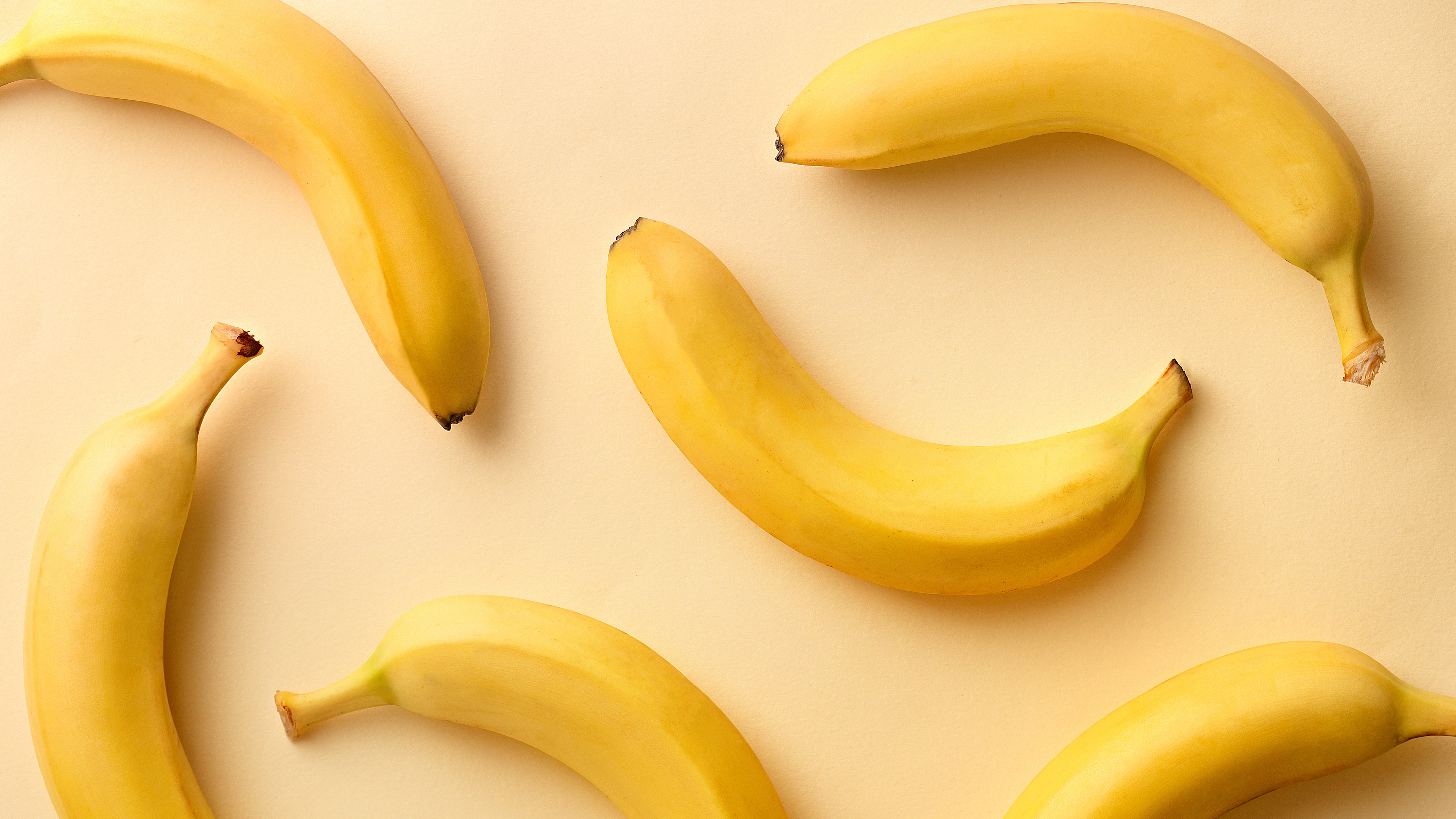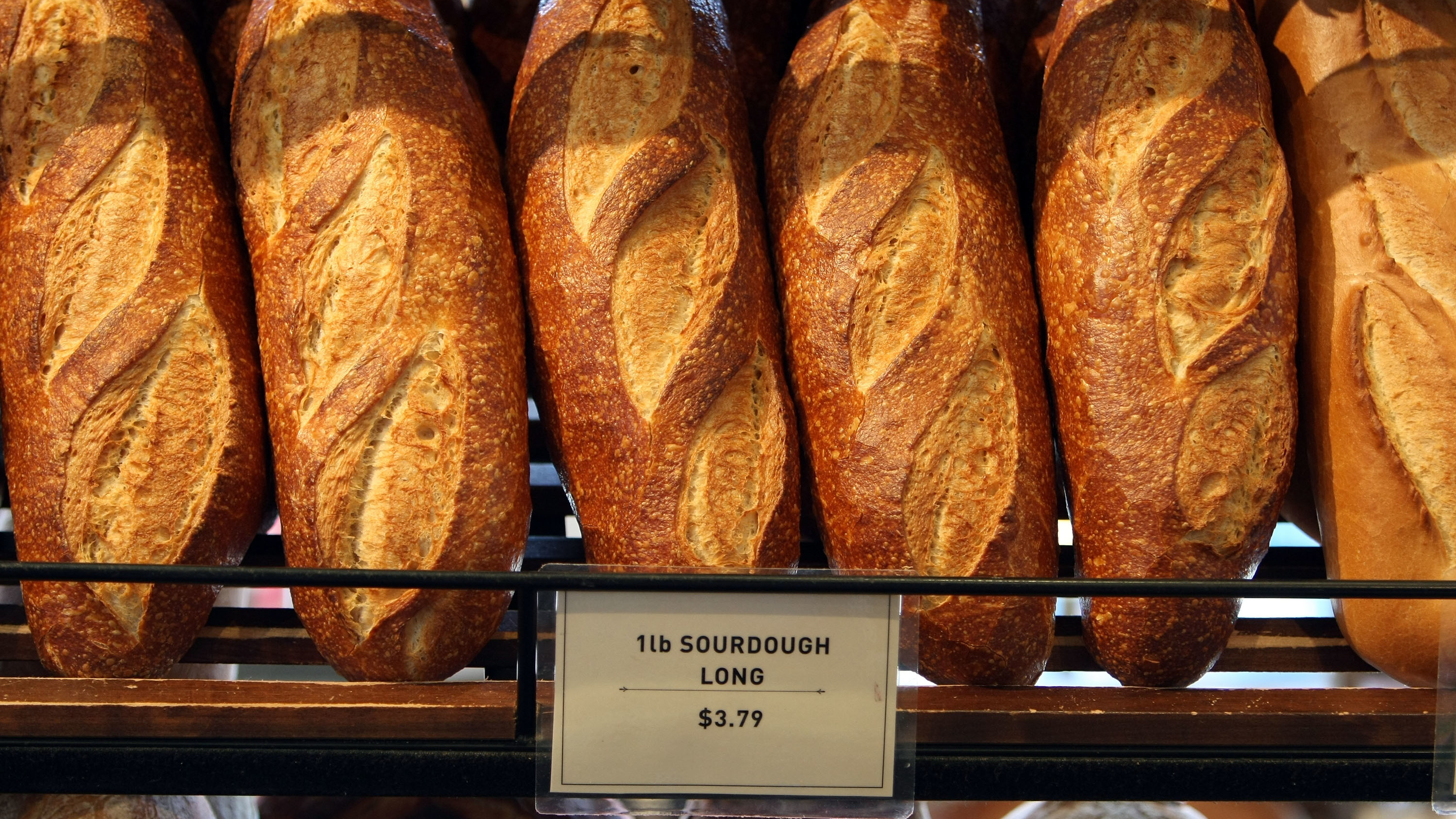Last Call: Why Are Some Foods Associated With Insanity?
A look at some “crazy” word origins
Why are only some specific foods tied to referring to someone who is out of their right mind, like "bananas," "nuts," or "crackers"? For the budding linguists among us, Gastro Obscura this week offers a fascinating peek into how language evolves. For example, "Bananas" dates back to around the 1920s. "These sources claim that the crazy banana meaning comes from the phrase 'banana oil,' which, in flapper slang, meant 'nonsense.'" "Going bananas" is also suspected to be tied to how monkeys act when they see their beloved favorite fruit. Post-flapper, the phrase died down a bit, until a 1957 Lil' Abner comic used "bananas" the way we use it today.
Similarly, the use of "nuts" was first seen in the a 1908 Mutt And Jeff comic. It is believed to be derived from being "off one's nut," i.e., "separated from your head, and thus your senses. That eventually was shortened to the current use, in which someone can simply be 'nuts.'"
"Crackers" has a more colloquial origin: In the U.K., words often get shortened by adding "ers" (like "brekkers" for breakfast). So "crackers" is believed to be short for "cracked" in the head, not actually related to food at all. But these are all just surface explanations; there's lots more to explore over at Gastro Obscura today. [Gwen Ihnat]
Good news for the gluten-free
Huh, apparently some gluten-sensitive people can still eat sourdough bread, due in part to the longer fermentation process compared to baker's yeast. As a (still very much aspiring) home sourdough baker myself, I found this first-person account published on Bon Appetit fascinating. [Kate Bernot]

